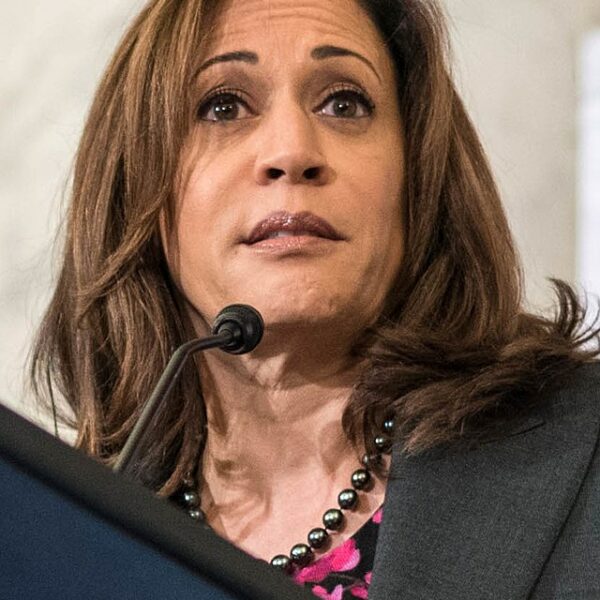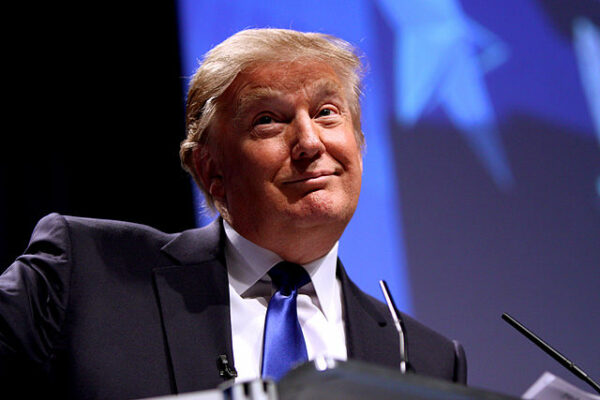
Just months ago, an investigation revealed that Iran had sought to interfere in American elections, allegedly favoring Democratic candidates.
Now we know why.
The Biden administration is facing sharp criticism after waiving sanctions on Iran just days after the November elections, granting Tehran access to over $10 billion in previously frozen funds. The administration revealed the decision in a confidential notice to Congress, according to a report by The Washington Free Beacon.
On November 8, Secretary of State Antony Blinken defended the waiver, stating it was in “the national security interest of the United States.” The decision enables Iraq to pay Iran for electricity imports, bypassing longstanding sanctions aimed at curbing financial flows to Tehran. This waiver has been repeatedly extended, even following Hamas’s October 7 attack on Israel—a group widely regarded as being supported by Iran.
The Biden-Harris administration has renewed the waiver repeatedly over the objections of congressional Republicans, who warned that the cash helped fuel terrorism and Iran’s war against Israel. In one case, the administration signed off on the sanctions relief one month after Hamas’s October 7 attack on Israel.
The most recent iteration of the waiver lifts sanctions for 120 days, at which time the incoming Trump administration will have to decide whether Tehran will continue receiving the relief.
Though the first Trump administration did green-light the same waiver—causing tension with some congressional Republicans—it narrowly tailored the waiver to restrict Iranian access to the cash. The Biden State Department tweaked the waiver last year to allow Tehran to convert the funds from Iraqi dinars to euros, then hold those euros in bank accounts based in Oman. Access to a widely traded currency like the euro enables Iran to more easily spend the cash in international markets. Under the first Trump administration, Iran had to keep the cash in an escrow account in Baghdad, making it more difficult to access.
The State Department confirmed last week that it issued the waiver.
“We remain committed to reducing Iran’s malign influence in the region,” State Department deputy spokesman Vedant Patel told reporters during a briefing. “Our viewpoint is that a stable, sovereign, and secure Iraq is critical to these efforts.”
The administration asserted that the funds are restricted to humanitarian uses, such as medicine and essential supplies. However, critics argue that money is fungible, meaning the release of these funds could free up other resources for Iran’s proxies in the Middle East, including Hamas, Hezbollah, and the Houthis. Republican lawmakers have condemned the policy, claiming it bolsters terrorism and undermines Israel’s security.
Reports from November 2023 indicate that Tehran redirected financial resources to proxy groups responsible for targeting U.S. personnel in Iraq and Syria. This has fueled bipartisan demands for greater scrutiny of the administration’s financial concessions to Iran.
On top of attacking American troops, a July investigation suggested Tehran aimed to disrupt U.S. elections to benefit its perceived allies in the Biden administration. Critics claim this underscores a troubling pattern of the administration’s conciliatory stance toward Iran, potentially incentivizing more aggressive meddling.
Adding fuel to the controversy, the Department of Justice recently detailed Iranian plans to assassinate former President Donald Trump, underlining the severe threat posed by Tehran. According to officials, Iranian operatives have plotted to retaliate for the U.S. strike that killed Qassem Soleimani, a high-ranking Iranian military commander, in 2020. This revelation has intensified concerns over the Biden administration’s leniency toward Iran, as critics argue that easing sanctions sends a dangerous message to Tehran amid its hostile intentions.
Under this waiver, Iran can convert Iraqi dinars into euros, which are deposited into accounts in Oman, offering Tehran greater financial flexibility. This contrasts with similar waivers issued under the Trump administration, which restricted funds to escrow accounts in Baghdad, significantly limiting Iran’s access.
“We remain committed to reducing Iran’s malign influence in the region,” State Department deputy spokesman Vedant Patel told reporters during a briefing. “Our viewpoint is that a stable, sovereign, and secure Iraq is critical to these efforts.”
As the U.S. anticipates a leadership transition, President-elect Donald Trump has vowed to reinstate his “maximum pressure” strategy against Iran, a policy credited with crippling Iran’s economy during his previous term. Richard Goldberg, a former National Security Council official specializing in Iran, expressed strong support for Trump’s pledge to reverse Biden’s approach.
With the Biden administration defending its decision as vital to national interests and critics denouncing it as a threat to regional stability, the future of U.S.-Iran relations remains uncertain.
[Read More: Matt Gaetz Finds New Job]











